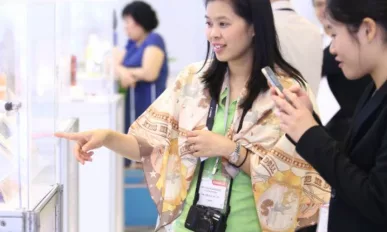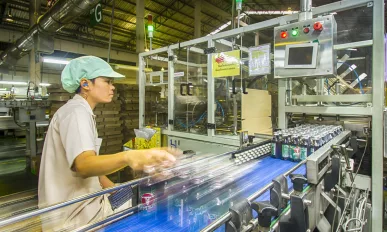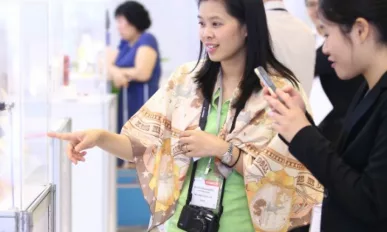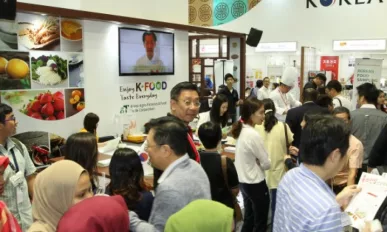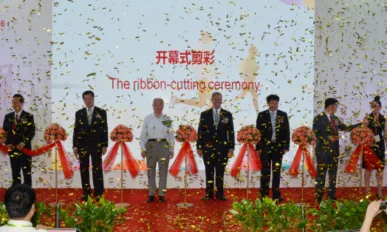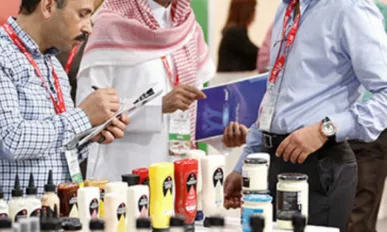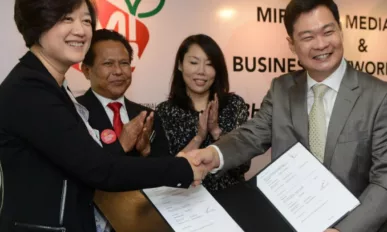Food ingredients Asia: the Perfect Ingredient for Success
Food ingredients Asia is the most important gathering of food and beverage ingredient leaders serving the Southeast Asian food industry.
Carabao Group Public Company Limited
The family-driven philosophy and increasingly recognisable products of Carabao Group are combining to further energise an international drinks market already in ascent.
Fi Asia 2017
From 13-15 September, 2017, Fi Asia will bring together leading international and local food and beverage professionals from all over the world in Bangkok, Thailand.
The 18th Malaysian International Food & Beverage Trade Fair (MIFB 2017)
The 18th Malaysian International Food & Beverage Trade Fair (MIFB 2017), which will be held from 9-11 August at Putra World Trade Centre (PWTC), is Malaysia’s leading food and beverage trade fair held in Kuala Lumpur.
Hi China 2017
The 4th Nutraceutical Industry Development Conference presented by the authorities from China’s health industry will once again take place alongside Hi China on 20-21 June 2017.
Linaco Group : He Who Builds Will Himself Be Built
The Linaco Group of Companies has progressively grown into a respected supplier of coconut products, Chinese herbal recipes, pre-mixed spices, flavours, fragrances and caramelised sugar; having established itself as one of the most dynamic producers of coconut related products in the world.
Gulfood 2017
In the lead-up to its 22nd edition in 2017, more than 95,000 food and beverage professionals are already planning their visit to Gulfood, the world’s largest annual food and beverage trade show.
MIFB Generates more than 1,000 Business Matches
MIFB 2016 ended on a very successful note at the end of July, with exhibitors, sponsors, government agencies and associations from around the world relishing the networking opportunity.
MIFB 2016 : Malaysia’s Leading Food & Beverage Trade Event
The 17th Malaysian International Food & Beverage Trade Fair (MIFB 2016) is Malaysia’s longest running food and beverage industry event.
Legend Holdings Invests in KB Seafoods Company to Tap Global Seafood Industry
The two companies will form a newly-capitalised joint venture called KB Food Group, 90 percent owned by Legend Holdings and 10 percent owned by the Kailis Family.



